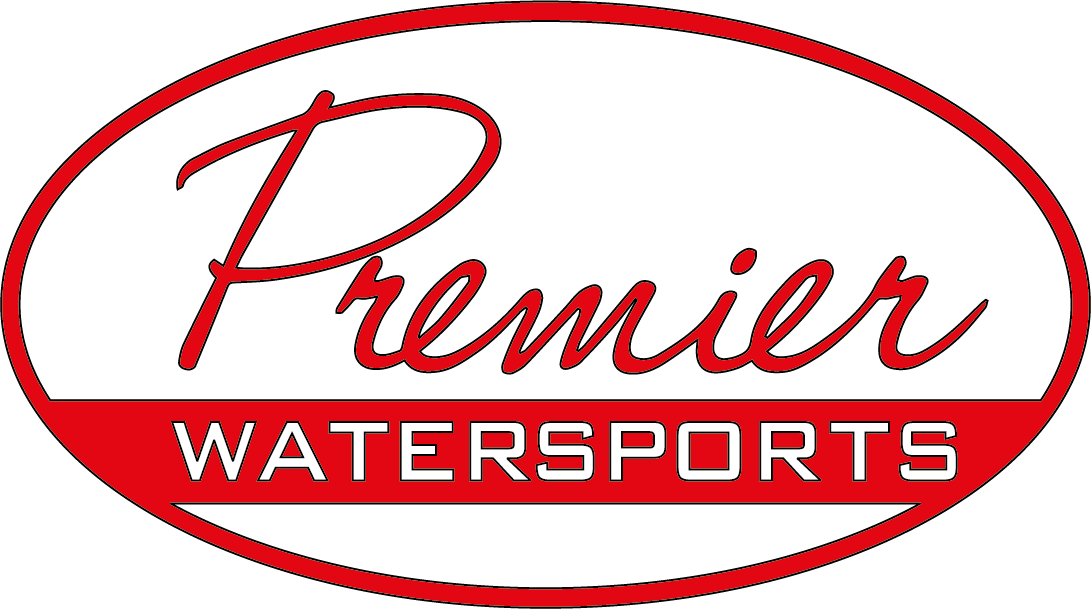Introduction:
People who love boating generally do not want to limit themselves to just one type of water. They want to experience freshwater lakes and rivers and the saltwater oceans. However, there are some things to be aware of when changing the type of water you boat in, and if you know how to take care of your boat, you can safely enjoy both.
Throughout this article, the professional boat dealers at Premier Watersports Tennessee will explore the key differences between saltwater and freshwater boating and the steps to maintain your boat while switching between the two.
Salt Water Vs. Fresh Water: Difference Between the Two:

Saltwater and freshwater boating offer unique experiences, and if you like to chase the waves and fish in calmer waters, it will make sense to buy a boat that can do both.
So, if you are considering buying new boats, it/’s crucial to consider how and where you will be using them the most, and then choose the type of boat that will best fit those needs. You must also know that the conditions your boat will face in every kind of water are different. For example, freshwater poses few problems for boats and their components. The saltwater, however, is more corrosive to speed up the deterioration of any metal on your boat — including engine parts, hull fittings, and propellers. In addition, salt water is more buoyant than fresh water, so that it can put extra strain on a boat/’s hull and engines.
The first step in determining the suitability of your boat for either type of water is to examine it for its construction and material makeup.
The main differences between saltwater and freshwater boats include:

Hull Design:
Your boat/’s ability to operate safely is dictated by its hull design. Most freshwater boats have a hull close to the surface of the water and in relatively small waves. That does not mean you cannot go into the ocean on a calm day, but you must choose your moment carefully.
Conversely, a saltwater boat has a hull designed to operate in rougher conditions, including more giant waves and deeper water. In addition, the extra length and width of the saltwater hull provide more stability and prevent the boat from capsizing in rough conditions.
Offshore boats are designed to have a deep V hull. The hull/’s V shape helps the boat cut through waves rather than ride over them like a flat-bottomed boat. This design is essential for vessels operating in the open ocean, where waves can be large and unpredictable.
On the other hand, the Mod V hull is designed for boats that will be used in calmer waters, such as freshwater lakes and rivers. Therefore, the mod V hull has a V shape at the front of the boat that flattens towards the back. This design helps the boat to maneuver quickly and provides a smooth ride.
Engine Cooling System:
In raw water cooling systems, water is taken in from the outside and circulated through the engine to remove heat. The water is then ejected back into the lake or ocean.
Saltwater boats usually have a closed cooling system in which the water is taken in from the outside, circulated through the engine, and then passed through a filter before recirculating. This system prevents salt and other contaminants from getting into the machine and causing corrosion.
Thus, using a salt water boat in freshwater is not recommended because the highly conductive chloride ion in the salt water can easily penetrate the metal surface and cause electrolysis, damaging or destroying the engine.
Mercathode System:
A mercathode system is an electrically-charged metal plate installed in a boat/’s hull. The purpose of the mercathode system is to prevent corrosion by providing a surface for the electrolytic reaction instead of on the boat/’s hull. The anodes used in a mercathode system are zinc, aluminum, or magnesium. While this system is not given much attention in freshwater, it is considered essential for saltwater boats.
Read here to know which boat is best for boating at the lake.
Freshwater Vs. Salt Water: Maintenance and Care:

No matter what type of water you boat in, it is vital to maintain your boat regularly. When you keep your boat clean, and in good repair, you can extend its life and enjoy it for many years.
Salt is not just detrimental to your boat/’s engine; it can also wreak havoc on your boat/’s hull, Gelcoat, and paint job. The only way to combat the destructive effects of salt is to be vigilant. If you follow freshwater boating maintenance tips and are planning to move your boat to saltwater, update your routine to account for a saltwater environment.
By protecting your boat before there is a problem, you can avoid the headache and expense of making repairs down the road.
Here/’s what to look out for and how to keep your boat in top shape:
Electronics:
Some freshwater vessels have systems that are not salt water compatible. It does not mean you cannot use them in the ocean, but you will need to take extra care by thoroughly cleaning and drying your electronics after each use.
However, if you plan on using your boat primarily in salt water, it is best to invest in marine-grade electronics designed to withstand salt/’s corrosive effects.
Zinc Anodes:
Zinc anodes are placed on a boat to prevent corrosion. The zinc corrodes creates a sacrificial barrier that protects the metal beneath it from rusting. Therefore, if you are boating in salt water, you must check your zinc anodes regularly and replace them when they have been depleted.
Fresh water boats do not usually come with zinc anodes installed, but you can get them added by your boat dealers as an extra measure of protection.
Bottom Paint:
Before you put your boat in the water, it is crucial to have the bottom painted. It will provide a barrier between the metal hull and the water, preventing corrosion and minimizing algal growth.
You can get away with not bottom painting your boat if you only use it in freshwater, but it is still a good idea. It will protect your hull and make it easier to clean.
If you are boating in salt water, it is best to use a specifically designed paint for this environment as the salinity and species of marine life will differ from those found in freshwater.
Rinse and Flush:
In order to prevent salt water from damaging your boat, it is recommended that you rinse it with fresh water after each use. This will remove any accumulated salt on the surface and prevent it from causing corrosion.
It is also imperative that you flush your boat/’s engine in a way that the manufacturer recommends. It is a general rule of thumb to flush with fresh water for around 5 to 10 minutes and after each flushing, run the engine for a few minutes to help dry it out. This step is critical, especially if you plan on storing your boat for an extended period and do not want your boat metal to rust. Not only your boats but your trailer can also be damaged by salt water if not properly flushed and rinsed.
Read here to know the difference between boat dealers and boat brokers.
Final Thoughts:
No matter what kind of boating you enjoy, the most important investment you can make is in the quality of your boats for sale in Knoxville and their upkeep. By following the proper maintenance protocols, you can ensure that your boat will last for many years.
Here at Premier Watersports, we have vessels built to last in any environment, whether you are braving the waves in the Atlantic or enjoying a day on the lake. We also offer a wide range of boat services to keep your boat running like new, no matter how much abuse it takes out on the water.
So whether you are a fan of river sports or ocean fishing or if you are looking for new or used boats for sale, give us a call today; we would be happy to help you find the perfect boat for your needs!
Happy boating!




